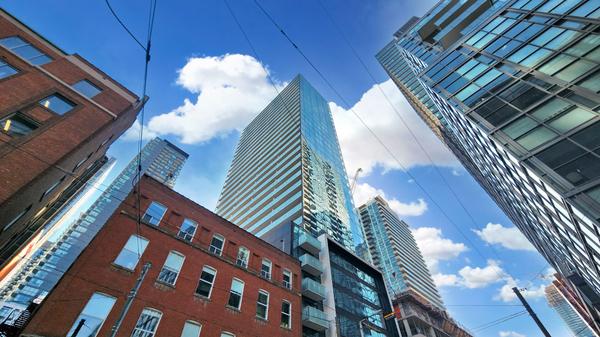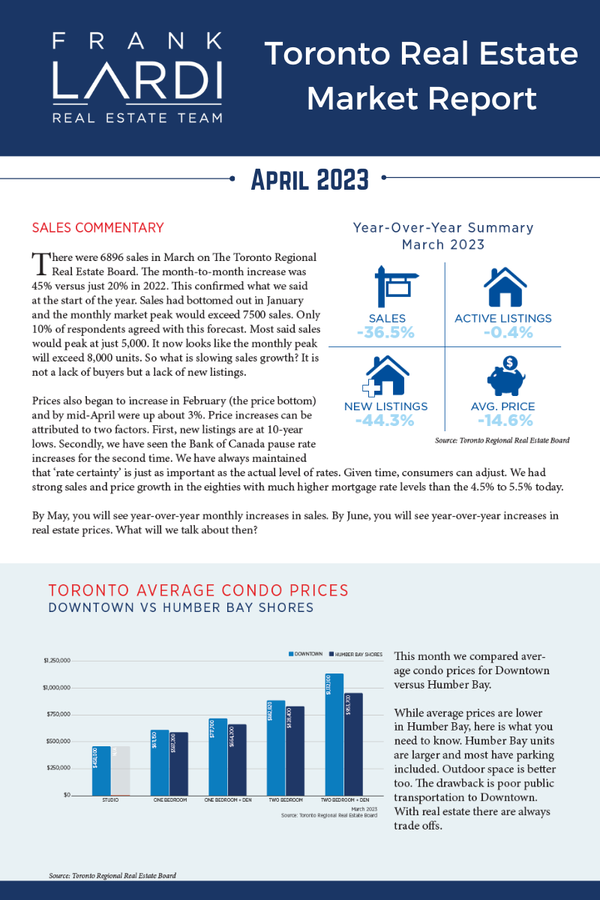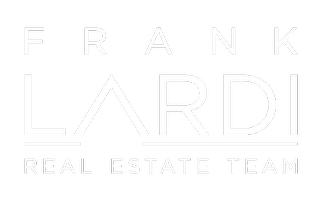Renting your condo on Airbnb – the good, the bad, and the ugly
In What You Need To Know About Interim Occupancy and Occupancy Fees, we discussed interim occupancy vs. final closing, what you can expect during the occupancy period, and the components of the occupancy fee or “phantom rent” you’re expected to pay.
Many of you are investors who are likely to rent out your newly constructed condominium as soon as you take possession. Until about 6 years ago, there were only two options for tenanting an investment property:
Option A.) 12-month unfurnished rental: A typical Jr. 1-bedroom in Downtown Toronto garners approximately $1550 to $1650/month in rent, with a vacancy rate under 2%.
Option B.)Short-term (3 to 6 months) furnished rental: The same Jr. 1-bedroom garners approximately $1950 to $2050/month in rent, although the vacancy rate will generally be higher.
Renting Your Condo on Airbnb – The Good, The Bad and The Ugly
Today investors also have the option of furnishing their property and renting it out by the night on websites like Airbnb.com. Under this scenario, a Jr. 1 bedroom located in the Downtown core could fetch as much as $3000 to $3500/month if fully occupied.
The potential rewards for using a service like Airbnb are obvious; the monthly cash flow could be as much as $1000/month, pushing an investor’s potential return on investment (ROI) off the charts.
Although this seems like a very attractive option for condo owners, there are a number of potential risks and challenges that need to be considered:
1.) The Condo Declaration and Bylaws
In most Toronto condo buildings, the declaration contains language limiting the use of suites to “private single families” and/or prohibiting short-term leases, which are usually defined as anything less than 6 months, but can be as little as 3 months.
Airbnb rentals are by the night with most guests staying less than 3 nights, which clearly falls outside of what’s typically allowed.
So what could happen if you make the decision to rent out a property on Airbnb despite the fact that the condo declaration forbids it?
i.) The condo board can pursue legal action to stop you from offering your property for lease on a short-term basis. The board is also likely to go after you for any expenses incurred as a result of a law suit, including legal fees; if they decide to place a lien on the property, this could put you in default of your mortgage.
ii.) The condo board can deactivate key-fobs or deny access to the building, making it impossible for Airbnb tenants to get into the suite.
2.) Taxation and the CRA
Contrary to popular belief, Airbnb hosting is not “free money”. If you earn income from renting out an apartment, even for only part of the year, it’s considered taxable and must be reported on your tax return.
An important consideration is whether the monies earned from the rental property will be viewed as rental or business income by the CRA. Monies earned are likely to be considered rental income as long as your offering standard services common to all rentals, like electricity, heat, in-suite laundry facilities and parking. However, if additional services like security, meals, or cleaning, are also provided, you could be seen as running a business under the tax code.
When it comes to HST/GST, if your income from hosting exceeds $30,000 you have to register and pay the applicable tax. You may also be responsible for CPP contributions on that income.
A second issue is the need for consistent and accurate documentation of income earned and expenses deducted against that income. If the CRA discovers unreported income or undocumented expenses, you will face interest and financial penalties.
3.) Insurance
Not all insurance companies will provide coverage for short term rentals and not all coverage is created equal. So, it’s critical that you open a dialogue with your carrier to determine whether a traditional landlord insurance policy will provide all the necessary protection and if not, whether the company offers specific policies for properties being leased on a nightly basis.
4.) City of Toronto Short-Term Rental By-Law
The newest challenge for investors is the by-law enacted by the City of Toronto in late 2020. Short-term rental operators are now required to register with the City and must collect and remit a 4% Municipal Accommodation Tax on all rental revenues on a quarterly basis.
More importantly is how the City defines a short-term rental. In order to rent out a property for anything less than 28 days, it must be the home owner’s principal residence – this is the home that they stay in and the address they use for bills, identification, taxes and insurance. Investment properties, purchased purely to generate rental income, cannot be leased for anything less than 28 days.
I hope you found this instalment of the Condo Millionaire series entertaining and informative. In the event that you have any questions about the article, are in need of assistance with buying or selling real estate, or have friends or family looking for a professional Realtor, please don’t hesitate to get in touch. I’d be happy to help in any way that I can.
Click here to read the next instalment: A Quick Guide To Increasing The Rent on an Investment Condo.
Categories
Recent Posts










GET MORE INFORMATION

